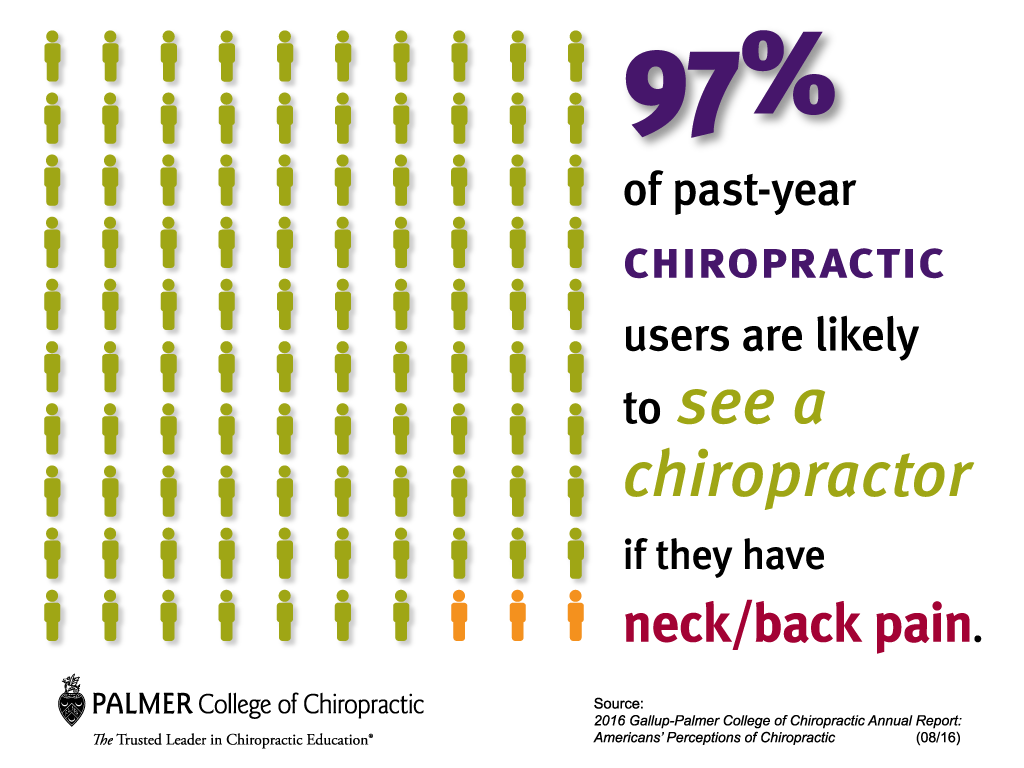Are Chiropractic Care Adjustments Addictive? Separating Truth From Fiction
Are Chiropractic Care Adjustments Addictive? Separating Truth From Fiction
Blog Article
Staff Writer-Svane Stampe
You could have listened to that chiropractic adjustments can cause an addictive dependence, however that's a common false impression. Lots of people locate relief without developing any kind of form of addiction. It is essential to comprehend the true objective of these changes and how they match your total health strategy. So, just what does the science claim concerning chiropractic care and your health? Allow's explore the realities.
Understanding Chiropractic Adjustments and Their Purpose
When you think about chiropractic adjustments, it's important to recognize their purpose and just how they work. These adjustments intend to deal with imbalances in your spinal column and joints, promoting better alignment and activity. By applying controlled force to details locations, chiropractic doctors aid minimize pain, boost feature, and enhance your general wellness.
Chiropractic care concentrates on your body's ability to recover itself, stressing the link in between the spine and the nerve system. When your spinal column is straightened, it can minimize nerve disturbance, permitting your body to operate optimally.
Normal changes may also aid prevent future concerns, keeping you active and pain-free. Eventually, https://seiu503.org/member_news/pebb-update-plan-year-2022-rates-set/ offer to sustain your health, enhance wheelchair, and improve your quality of life.
Common Myths Regarding Addiction and Chiropractic Care
Lots of people hold misconceptions concerning the relationship in between chiropractic treatment and addiction therapy. One typical myth is that chiropractic modifications develop an addiction-like dependence. Actually, several people discover relief from discomfort and discomfort, but this doesn't indicate they create a psychological or physical dependency.
One more misconception is that chiropractors are just attempting to maintain you returning for even more changes. Many chiropractic specialists prioritize your wellness and aim for long-term health and wellness instead of regular check outs.
Furthermore, some think chiropractic care can change typical addiction therapies, but it must enhance, not substitute, evidence-based treatments. Comprehending these misconceptions can assist you make notified selections concerning your health and wellness and health without falling target to misinformation.
The Scientific Research Behind Chiropractic Care Adjustments and Client Experience
While some may question the efficiency of chiropractic modifications, a growing body of research study supports their function in alleviating discomfort and improving total function.
Studies show that spine manipulation can minimize pain from problems like reduced neck and back pain, tension migraines, and neck discomfort. When you undertake chiropractic care, the modifications intend to bring back proper positioning, enhancing your body's all-natural recovery capacities.
Several people report increased movement and a better feeling of well-being after therapy. In addition, the healing relationship you construct with your chiropractic specialist can enhance your experience, as they give tailored care tailored to your needs.
This combination of clinical backing and positive person experiences helps clarify why chiropractic care modifications are effective for lots of people looking for alleviation.
Verdict
In conclusion, chiropractic care changes aren't addicting; they're created to boost your well-being and advertise aggressive health care. By unmasking how to relieve back pain fast surrounding dependency, it's clear that these therapies can supply significant alleviation without creating a cycle of dependency. Accepting chiropractic treatment as a complementary method to typical treatments can bring about better health end results. So, if you're thinking about adjustments, felt confident that they have to do with enhancing your lifestyle, not producing a dependence.
